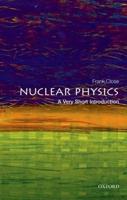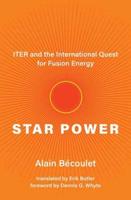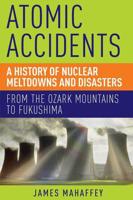Publisher's Synopsis
The Case for Nukes is a unique book. In it, world-renowned nuclear and aerospace engineer
Dr. Robert Zubrin explains how nuclear power works and how much it has to offer humanity. He
debunks the toxic falsehoods that have been spread to dissuade us from using it by variously the
ignorant, the fearful, the fanatical, and by cynical political operatives bought and paid for by
competing interests. He tells about revolutionary developments in the field, including new
reactor types that can be cheaply mass produced, that cannot be made to melt down no matter
how hard their operators try, that use a new fuel called thorium far more plentiful than uranium,
and still more advanced systems, employing thermonuclear fusion - the power that lights the sun
- to extract more energy from a gallon of water than can be obtained from 300 gallons of
gasoline. He tells about the bold entrepreneurs - a totally different breed from the government
officials who created the existing types of nuclear reactors - who are leading this revolution in
power technology.
But there are broader issues involved in the nuclear debate than technology alone, and Zubrin
is not shy about addressing them. He makes clear the critical difference between practical
environmentalism, which seeks to improve the environment for the benefit of humanity, and
ideological environmentalism, which seeks to use instances of human insult to natural
environment as evidence for a prosecutorial case against human liberty. He shows how the latter
school of thought is wrong, not only with respect to the catastrophic harm it would do to
humanity, but to nature as well. He also exposes the masters of mercenary environmentalism,
who deploy troops of dupes to shut down companies or whole industries in order to eliminate
competition in return for being suitably rewarded by the beneficiaries of such efforts. He shows
that when it comes to environmental improvement, freedom is not the problem; freedom is the
solution. He makes clear both the possibility and necessity of a nuclear-power-enabled
revolution in the human condition by putting it in a broader historical context of the overall process of development of civilization, whereby new technologies create new resources and new knowledge, which in turn make possible still more technological advance.
Finally, Zubrin brings all this to bear to address the greatest threat facing humanity today
- which is the possibility that we will turn on each other, as we did in the 20 th century, under the
spell of the false idea that resources are finite.
Only in a world of unlimited resources can all men and women be brothers and sisters.
Only in a world of freedom can resources be unlimited.
That is the world we can, and must, create. In The Case for Nukes, Zubrin shows us how.









